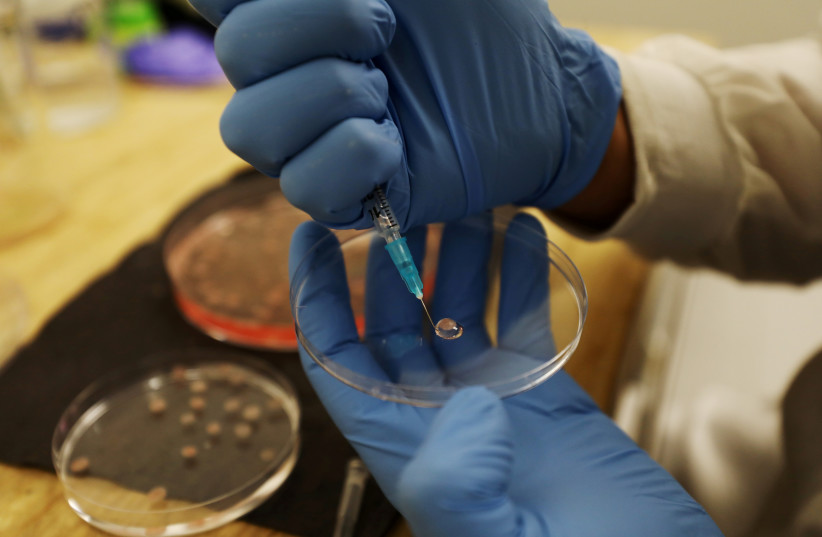New research says that even before the first bite of food, the body starts releasing insulin. The mere sight and smell of a meal triggers a series of responses in the body, according to the novel findings by the University of Basel and University Hospital Basel.
Most are familiar with the mouthwatering sensation prior to feasting. But there is more happening within the body. The study, published this month in Cell Metabolism, is the first to find that the hormone insulin, which regulates blood sugar, also is present even before we sink into the first mouthful of food. Experts call this the neurally mediated (or cephalic) phase of insulin secretion.
The researchers identified a previously unknown inflammatory factor known as interleukin 1 beta (IL1B), which is also involved in the immune response to pathogens or in tissue damage.
“The smell and sight of a meal stimulate specific immune cells in the brain known as the microglia."
Dr. Sophia Wiedemann

Insulin and diabetes
The team said they were surprised to discover significant amounts of insulin, because it's usually seen in people with type 2 or “adult-onset" diabetes, a form of diabetes caused by chronic inflammation that damages the insulin-producing cells of the pancreas.
“The fact that this inflammatory factor is responsible for a considerable proportion of normal insulin secretion in healthy individuals is surprising, because it’s also involved in the development of type 2 diabetes,” explains study leader Professor Marc Donath from the Department of Biomedicine and the Department of Endocrinology.
Neurally mediated insulin secretion
“The smell and sight of a meal stimulate specific immune cells in the brain known as the microglia,” says study author Dr. Sophia Wiedemann, resident physician for internal medicine. “These cells briefly secrete IL1B, which in turn affects the autonomic nervous system via the vagus nerve.”
This system then relays the signal to the site of insulin secretion – that is, the pancreas. The study emphasizes the critical role IL1B plays in linking up sensory information such as the sight and smell of a meal with subsequent neurally mediated insulin secretion – and in regulating this connection. The findings noted that in the case of morbid obesity, the neurally mediated phase of insulin secretion is disrupted.
